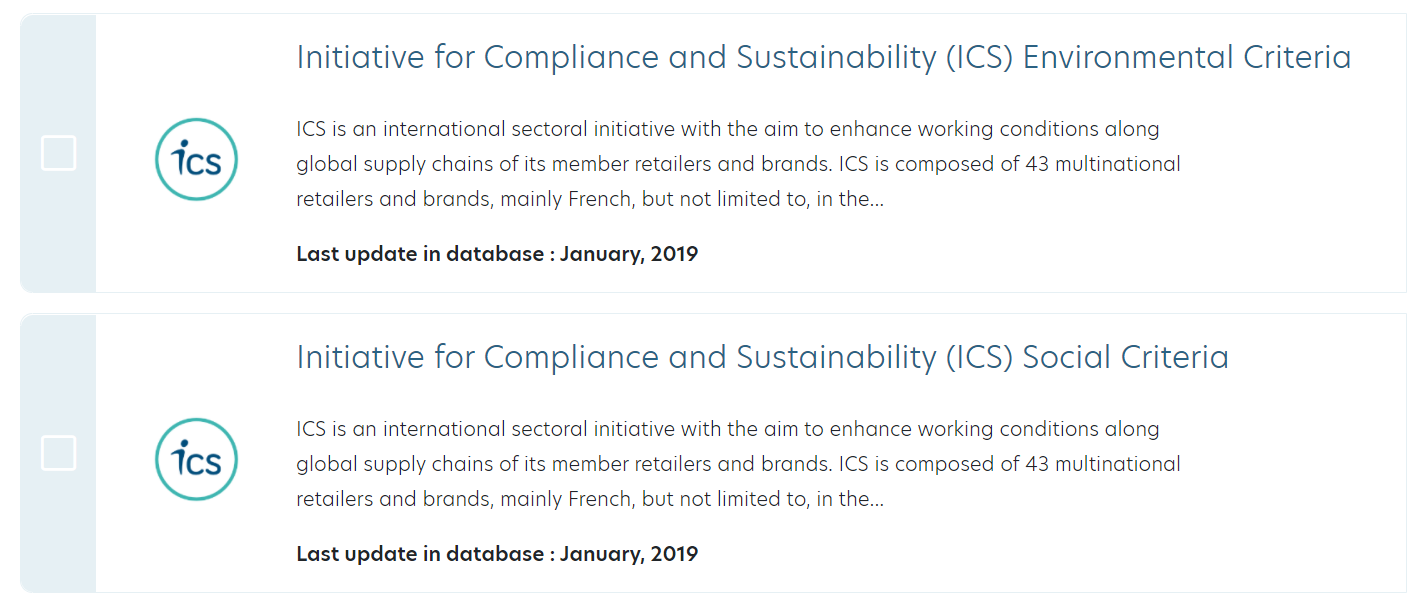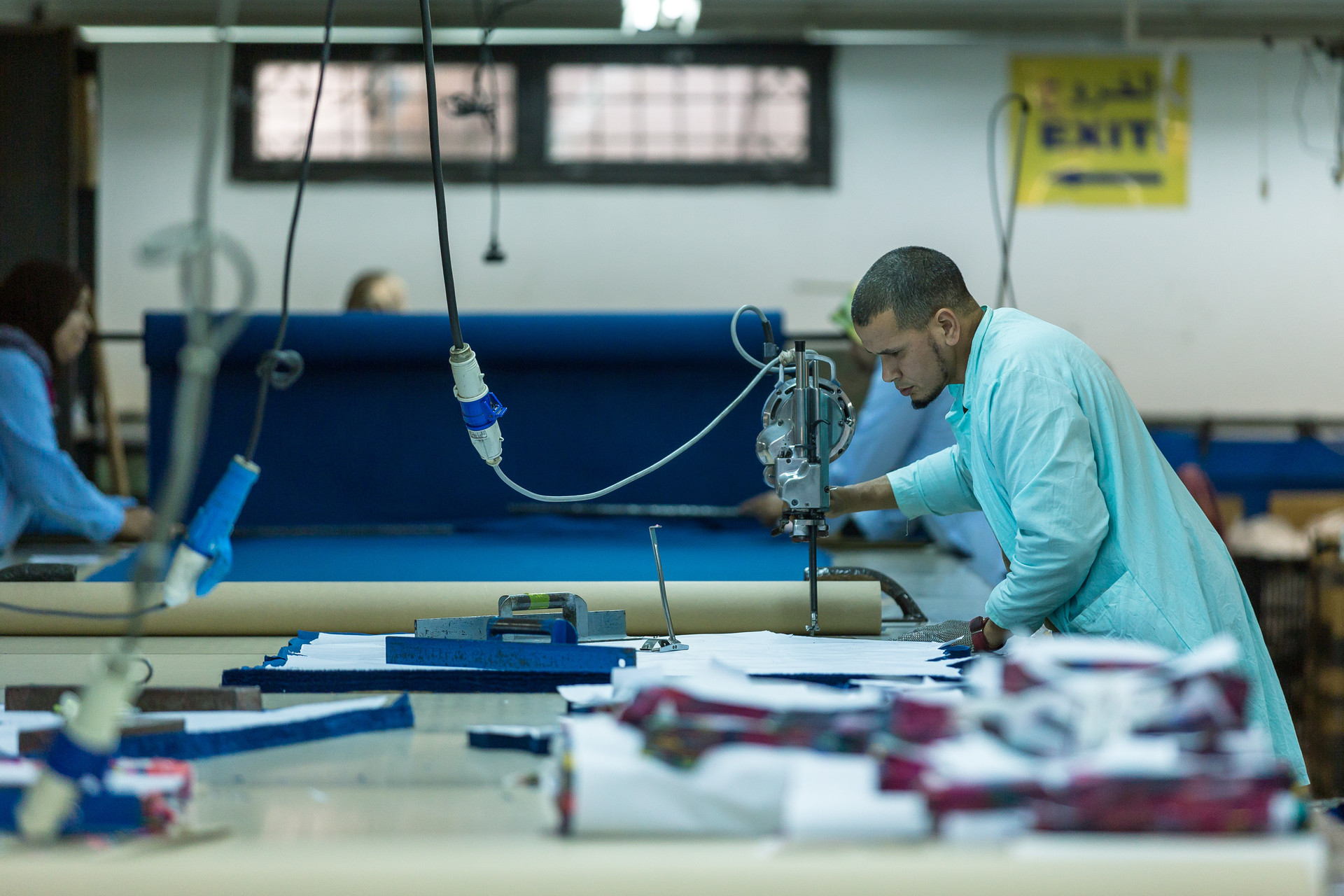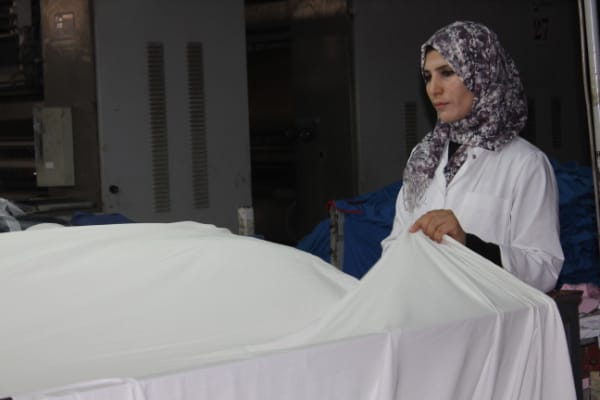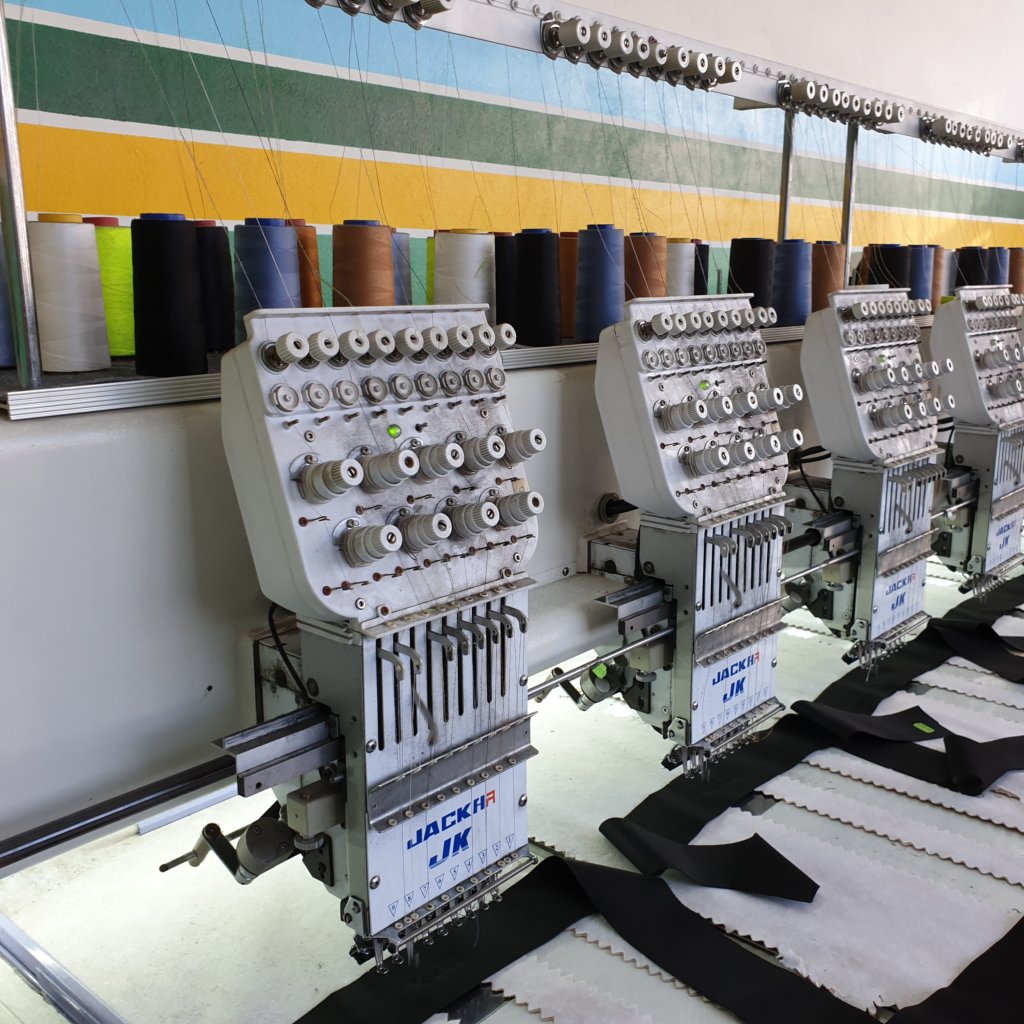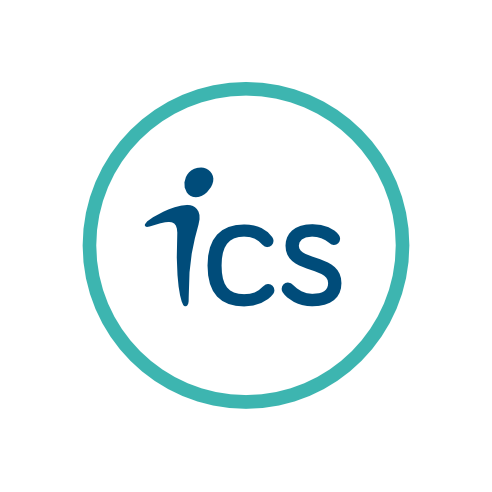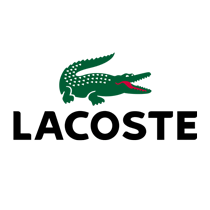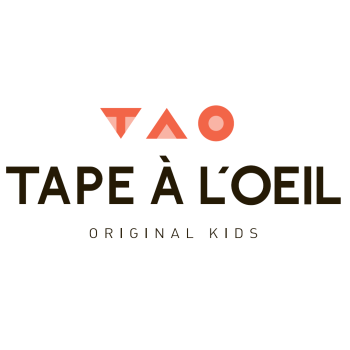ICS/ITC Common Projects

Several publicly available trainings have been made on accessing and filling in the Factory Profile, creating the Factory ID and managing the network and privacy on Sustainability Map. When filling in your Factory Profile, use Google Chrome or Edge preferably and not Internet Explorer.
ICS and the ITC organized a webinar on June 24th 2021 presenting the Sustainability Map to factories and suppliers.
You can watch the recording of the webinar below.
Smart Shirts
Ngoc Son
